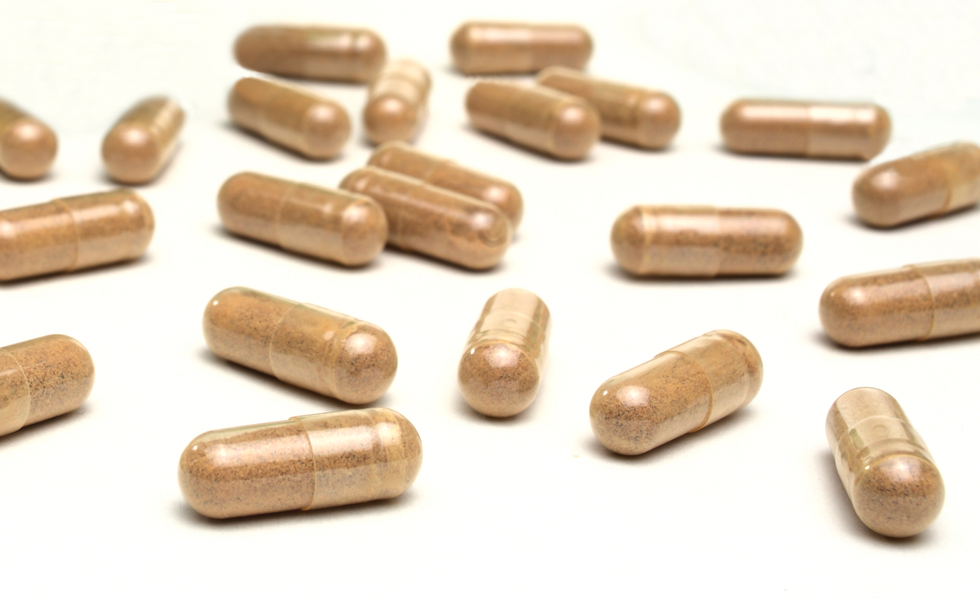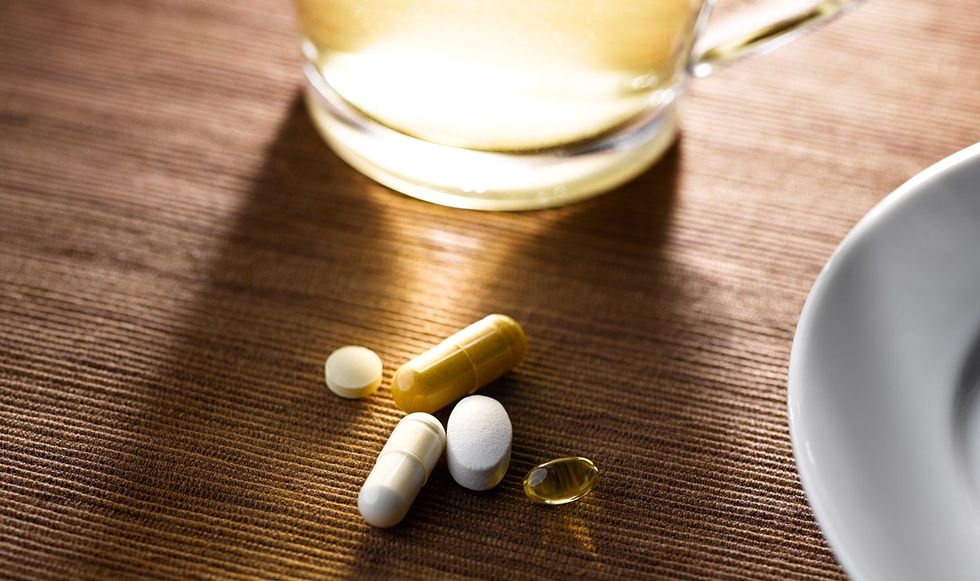Miracle 5p supplement leads to faster processing skills and better memory in just six weeks

SHOPPING — All products are independently selected by our experts. To help us provide free impartial advice, we will earn an affiliate commission if you buy something. Click here to learn more
Getty Images












